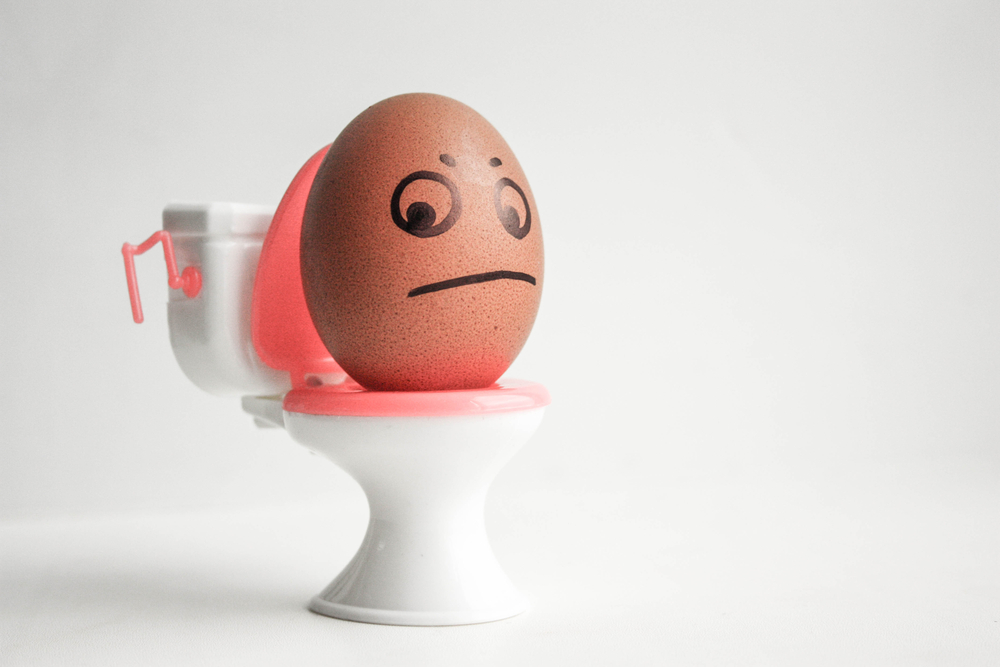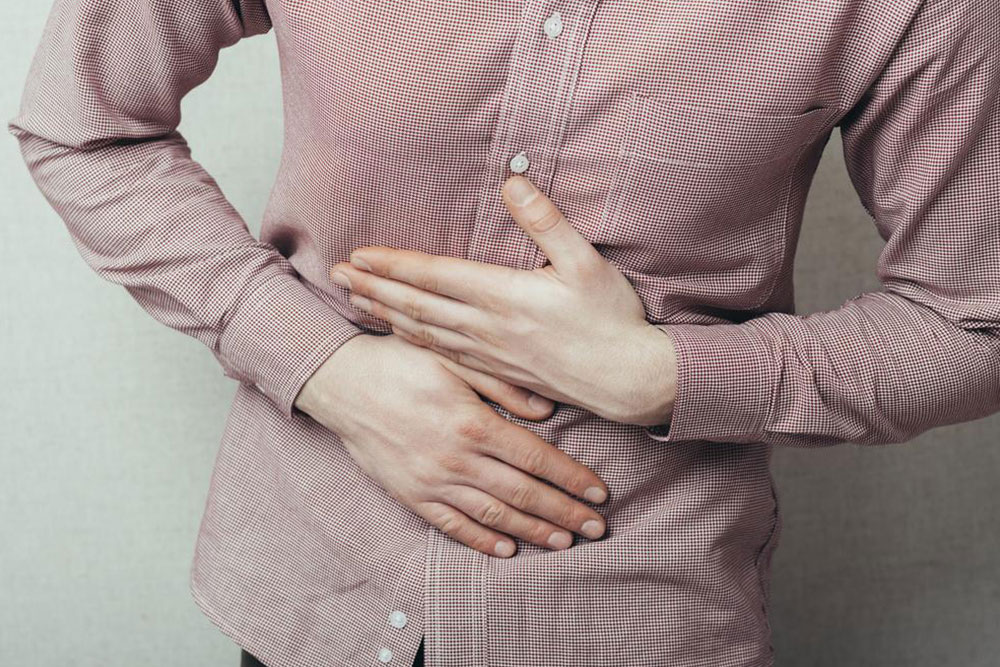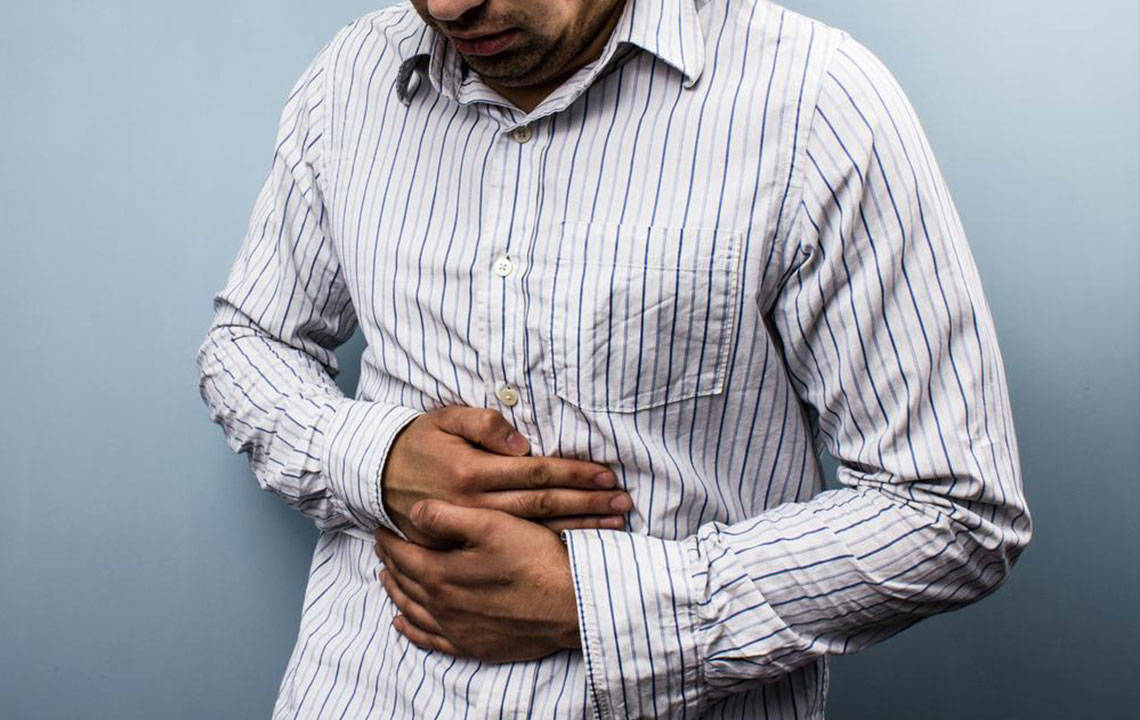Understanding the Causes and Signs of Dark Stools
Learn about the causes, symptoms, and implications of dark or black stools. Recognizing these signs can help identify underlying health issues such as digestive disorders or internal bleeding. This guide provides insights into dietary influences, medications, and health conditions associated with dark stool changes, emphasizing the importance of monitoring symptoms and seeking medical advice when necessary.

Understanding the Causes and Signs of Dark Stools
Dark or tar-like stools, ranging from deep brown to black, can signal various health issues. The stool's color provides insights into your overall health and digestive function. Typically, normal stool is medium to dark brown, reflecting proper digestion and liver health. Changes to yellow or yellow-brown stool may indicate fat absorption problems accompanied by abdominal discomfort.
Deep black stools may result from medication intake or internal bleeding within the digestive system. Several factors can cause dark stool, which are discussed below.
Possible Causes of Dark Stools
Dietary Factors
Foods rich in iron, such as red meats, or foods with dark pigments like blackberries, licorice, or blueberries, can cause black-colored stools.
Supplements and Medications
Iron supplements and certain anti-diarrheal drugs are common contributors to dark stool appearance.
Health Conditions
Digestive issues like ulcers, allergies, or disorders affecting fat absorption, as well as bleeding in the upper digestive tract, can lead to dark stools.
Recognizing Symptoms
Symptoms associated with dark stools often correlate with their cause. For instance, iron medication may produce dark stool without additional symptoms, while bleeding or other conditions may present additional signs.
Tar-like or black stool
Constipation and altered bowel habits
Unusual stool smell
Decreased appetite
Abdominal discomfort or cramps
Gas and bloating
Digestive discomfort and burning sensation
Your stool's appearance reflects your diet, digestive health, and potential underlying conditions. Dark stools can indicate internal bleeding, medication effects, or digestive disorders, and it is essential to monitor associated symptoms.










